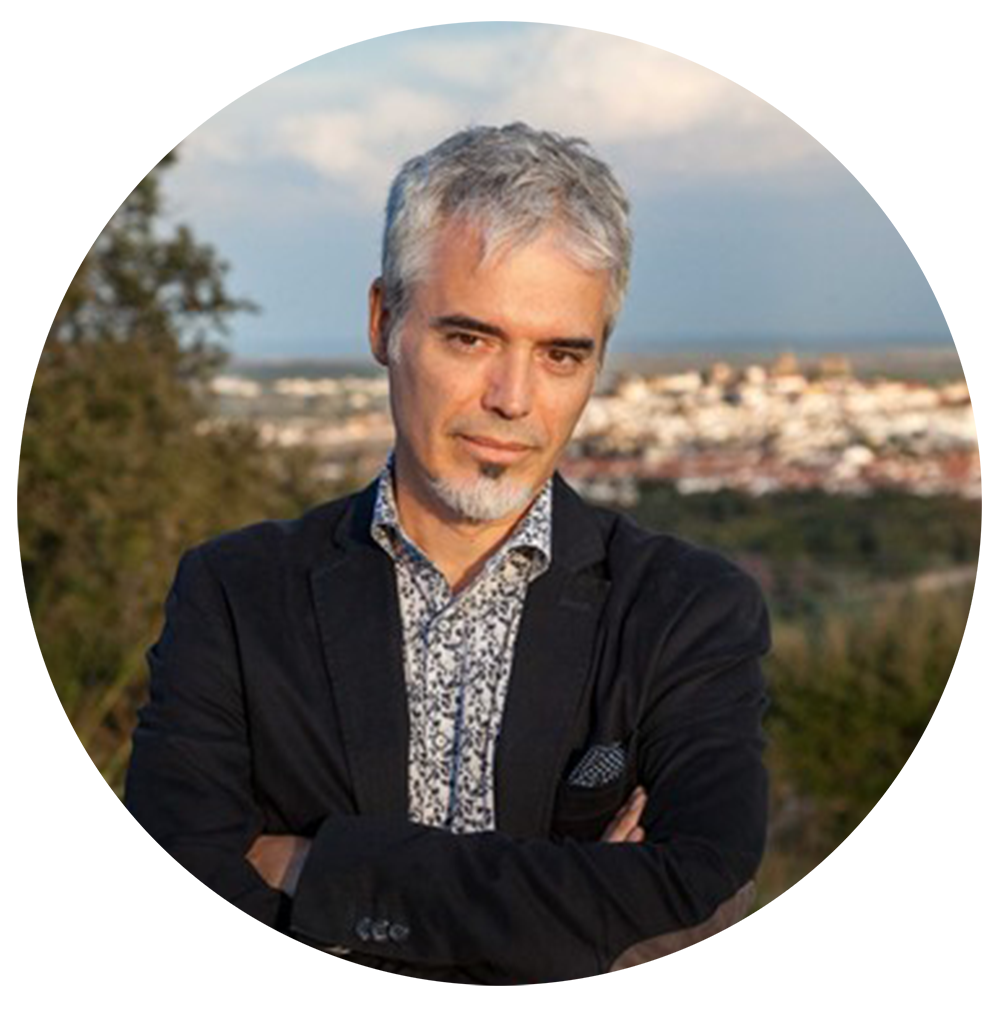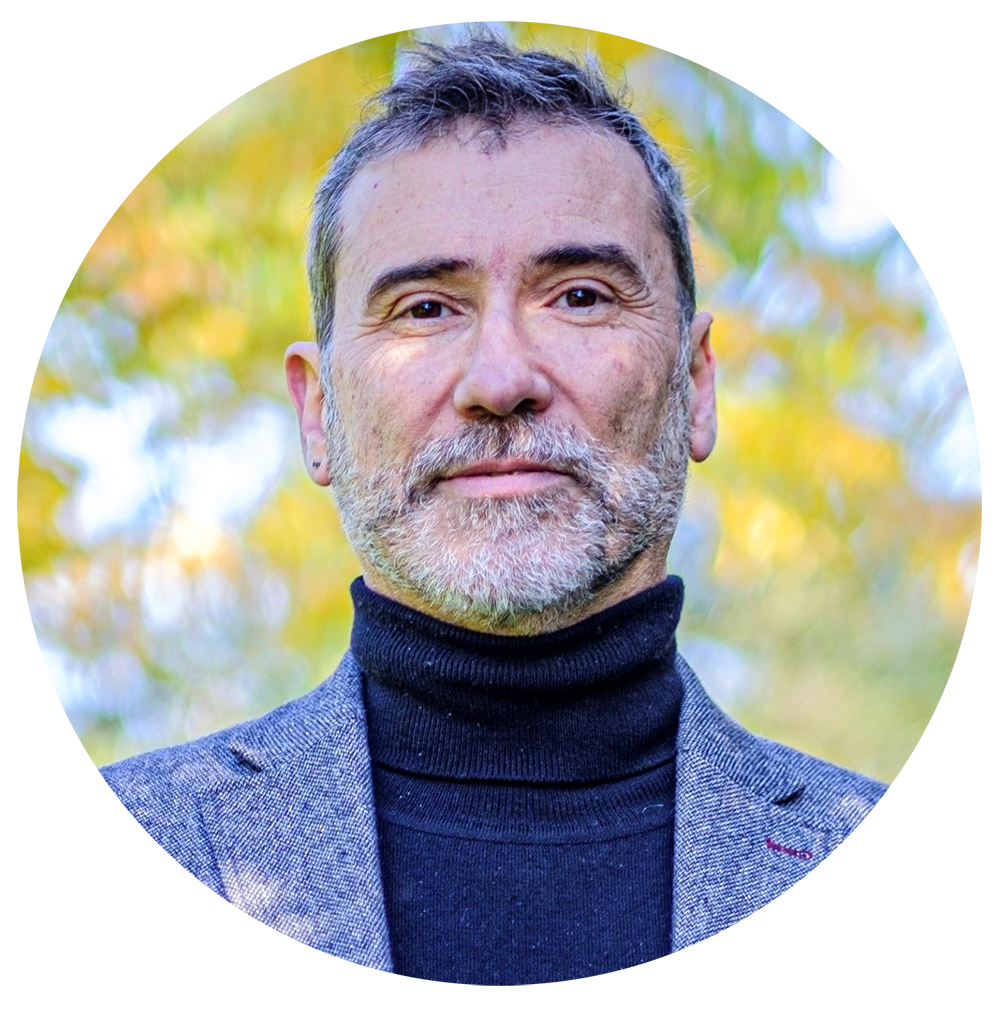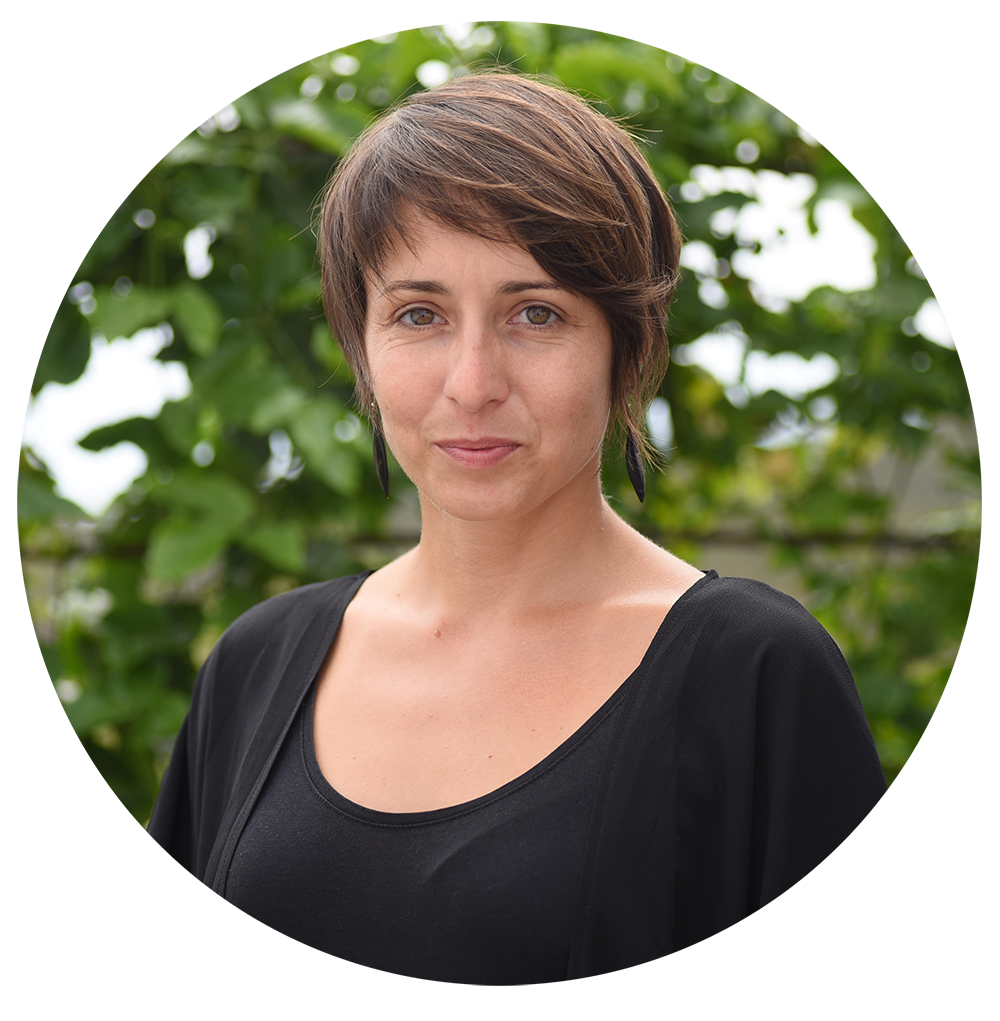Implementation of the Trans-European Nature Network (TEN-N) in Portugal
.
People involved

Miguel Bastos Araújo
Evora University
Coordinator of the activities in the Portuguese case study (Work package 8)

Francisco Moreira
CIBIO-BIOPOLIS
Coordinator of the CIBIO team in the project; co-lead of Work package6. Multi-scale nature connectivity and corridors design

Barbara Pais
Nature Dialogues
Facilitator and Working Group Coordinator
Background
Portugal holds significant ecological diversity, influenced by the confluence of the Atlantic and Mediterranean climates and distinctive biogeographic conditions. Despite the expansion of marine and terrestrial protected areas in recent decades, the overarching trend continues to be the loss of biodiversity and the degradation of ecosystem services degradation, as in many other EU countries. Numerous priority habitats and species remain in unfavourable conservation status. Reversing the degradation of ecosystems and slowing down the dashing loss of biological diversity will require a multi-sectoral approach involving both the public and the private sectors, especially relevant in Europe’s country with the highest percentage of private forest (over 84% privately owned, 13% community land and less than 3% public).
In Portugal, protected areas (including the Natura 2000 network) cover 22 per cent of the total terrestrial area and 10.7 per cent of the marine area; however, only 0,17% of land and 0,001% of the Exclusive Economic Zone are strictly protected. By 2030, Member States of the European Union are required to expand the network of classified areas, promoting connectivity and ecological restoration, in order to guarantee a legal protection status for 30 per cent of their territory (maritime and terrestrial), of which one-third should have strict protection. The creation of a truly coherent Trans-European Nature Network (TEN-N) is one of the objectives of the European Biodiversity Strategy for 2030.
In 2022, the scientific study “Biodiversity 2030 – a new agenda for conservation in the context of climate change”, coordinated by Miguel Bastos Araújo (NaturaConnect partner, UEV) established the goals, targets, and the socio-economic and ecological imperative for Portugal to align with the European Union’s 2030 targets. Building upon this scientific basis, a Working Group / Think Tank will be established, comprising influential decision-makers from public and private organisations, with the primary objective of identifying the challenges, opportunities and needed measures to implement a resilient TEN-N and meet the objectives set by the European Union.
The purpose of the case study
The Portuguese case study aims to create an ecological blueprint for the implementation of the TEN-N, by fostering open dialogue and mutual learning between governmental institutions, the private sector, civil society and NaturaConnect project researchers. The creation of a Working Group / high-level Think Tank will prompt discussion about the TEN-N in Portugal, addressing the regulatory, political, ecological and financial changes required for its implementation. After identifying opportunities, challenges and key intervention areas, meetings will be held at the local/regional level with key stakeholders to increase consistency and the harmonisation of approaches.
The case study will be an opportunity to boost cross-fertilisation and build the capacity of both public administration stakeholders and the researchers involved in the NaturaConnect Project. With the organisation of capacity-building sessions for protected areas and land planning professionals working at national and regional scales, scientific knowledge and methodologies stemming from NaturaConnect will be transferred, whilst researchers involved in the project will have a deeper understanding of the national-scale political and socio-economic framework that affect decisions on the implementation of the TEN-N.
Activities
- Establishment of a national Working Group (WG) / Think Tank with the participation of the Ministry of Environment and Climate Action, Governmental institutions responsible for nature conservation, environment, water resources and land planning, private sector and civil society (environmental NGOs) with the aim of facilitating dialogue on the political, socio-economic and technical challenges associated with the implementation of the TEN-N in Portugal
- Leverage skills, resources and knowledge of the WG members for the implementation of the TEN-N in Portugal: identification of key regulatory interventions, connectivity between protected areas and ecological corridors, implementation of Green Infrastructure and nature-based solutions on public and private land, unlocking funding opportunities for nature conservation and restoration
- Build technical and scientific capacity of public administrations and technicians at national, regional and local levels, directly involved with land planning and nature conservation
- Bridge scientific knowledge between national authorities and NaturaConnect project partners
Approaches
The Portuguese Case Study will facilitate an open dialogue with key stakeholders on the regulatory, political and socio-economic framework that affects the implementation of the TEN-N and the achievement of EU-postulated targets in Portugal. Through facilitation techniques, an interdisciplinary debate and cooperation between the public and private sectors and civil society will be fostered. The Working Group is intended to be a space for reflection and sharing in order to maximise synergies, identify gaps and needed actions to ensure greater consistency and harmonisation of proposals leading to the TEN-N implementation, using the scientific study “Biodiversidade 2030” as the scientific basis for discussion. To achieve this result, meetings will also be held at the regional scale, with key agents directly and indirectly involved in land planning and nature conservation, including regional administrations and municipalities. Capacity-building sessions targeting key stakeholders will ensure the transfer of scientific knowledge and methodologies from NaturaConnect.

